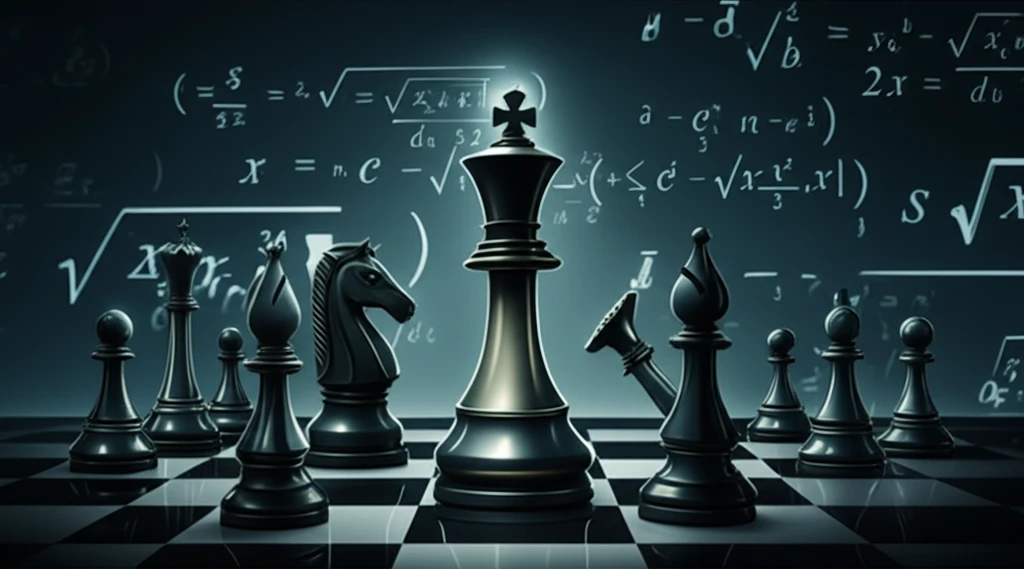
Decoding the Market: Can 'Mean-Field Games' Predict the Next Big Investment?
"Unlock the secrets of stochastic models and understand how they're changing the game for investors and economists alike. Explore how this innovative approach could revolutionize decision-making in complex markets."
In the ever-evolving landscape of economics and finance, understanding the dynamics of investment is crucial. Traditional models often fall short when faced with the complexities of real-world markets, where countless individual decisions interact to shape overall trends. Enter 'mean-field games,' a fascinating area of study that seeks to bridge this gap by analyzing optimal investment strategies in scenarios with a large number of interacting participants.
At its core, the research delves into the existence and uniqueness of equilibrium in a stochastic mean-field game of optimal investment. This may sound highly technical, but its implications are far-reaching. Imagine a scenario where numerous companies are making investment decisions, each influenced by the collective behavior of all others. Mean-field games provide a framework for understanding how these interactions play out, leading to stable or fluctuating market conditions.
The research paper provides an avenue into this intricate subject, offering potential solutions for both finite and infinite time horizons. By exploring both theoretical and practical implications, it presents a novel lens through which economists and investors can analyze and navigate complex market dynamics.
What are Mean-Field Games and How Do They Apply to Investment?

Mean-field game theory, independently introduced by Lasry and Lions, and Huang, Caines, and Malhamé, provides a framework for analyzing strategic decision-making in large populations of interacting agents. It simplifies complex systems by focusing on the 'mean field,' or the average behavior of the entire population, rather than tracking each individual agent. This approach is particularly useful in economics, where markets are often composed of numerous interacting firms or investors.
- Stochastic mean-field game: A model where the production capacity of a company evolves randomly over time, influenced by both depreciation and investment decisions.
- Mean-field equilibrium: A state where the investment and average production processes maximize profits for the representative company, considering the actions of all other companies in the market.
- Forward-backward ODEs: A system of equations used to characterize the mean-field equilibrium, capturing the interplay between the company's investment decisions and the overall market dynamics.
The Future of Investment Strategies: Embracing Stochastic Models
As financial markets become increasingly complex and interconnected, the need for sophisticated analytical tools grows ever more pressing. Mean-field games offer a powerful approach to modeling the intricate dynamics of investment, providing valuable insights for economists, policymakers, and investors alike. While the mathematics behind these models can be challenging, the potential rewards – in terms of improved decision-making and a deeper understanding of market behavior – are well worth the effort.
